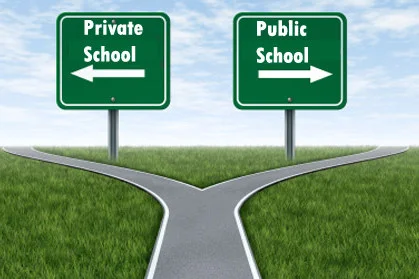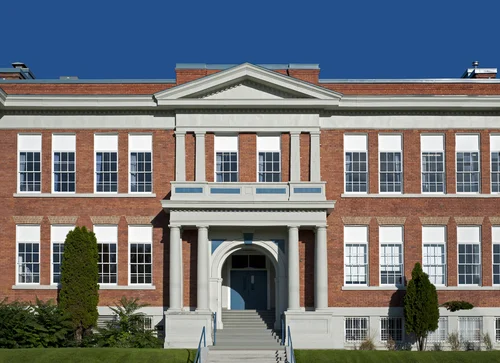+1 845 259 2974 (11 a.m to 7 p.m CST)
Which college suits your teen: Public, private or community?

Do I send my teen to a community, private or public college? Many parents dwell upon this question to make the best choice for their children, all the time keeping an eye on their financial status. Discussing the pros and cons of these colleges might clear your mind just enough to enable you to reach a decision.
Community Colleges
Pros:
- Community colleges are easy on the pocket due to the financial advantage that these institutions provide. A large number of junior colleges cost less than 2, 000 dollars per semester for full enrolment.
- The study schedule is very flexible and enables students to work while attending college. The option of night classes adds up to the advantage and so does the light workload.
- Community colleges also provide flexible schedules for seasoned academics who are well known in their respective fields. Accomplished teachers generally work part-time in these colleges and are easily available to the students.
Cons:
- Limited curriculum is a problem in community colleges, owing to the fact that these are 2-year schools. Ultimately, your teen has to transfer to another university if he/she is planning to further his/her education.
- Community colleges lack a buzzing campus life because mostly the students only divide their time between work and study.
- The workload is very low in these institutions. Mostly, the schedule gets tight around major exams but the assignments noose remains loose otherwise.
Private colleges
Pros:
- Private colleges are independent from the rules and regulations that are effective for public colleges.
- Learning is the central point of teaching in these colleges and the curriculum and workload escalates until the end of semester.
- The student community plays an important role in such institutions. This helps to keep the community close-knit while everyone on campus, be they teacher or students, are involved in campus activities.
Cons:
- The workload is uncompromising and leaves no time for other activities.
- Money is a big concern because education is quite expensive in these institutes.
- Private universities have different crediting criteria. Therefore, it may be difficult to transfer credits earned by students to another university.
Pros and cons of public schools
Public schools do not charge tuition but are very complicated in their structure. These institutions usually remain underfunded due to lack of federal funding and are also greatly influenced by the political changes.
Aptitude tests
A commonly held belief is that private school students generally score higher than public school students on standardized tests. A 2006 study conducted by the National Center for Education Statistics (NCES) showed different results.
Public school students in fourth and eighth grade scored equally as good, or even better, than students from private schools in reading and math.
Food for thought
Many community college attendees went on to become legends in their respective professions. Tom Hanks, Morgan Freeman, Clint Eastwood, Calvin Klein, and Walt Disney are some of the success stories emerging from the mentioned system. Remember! College is what you make of it and these individuals used circumstances to their benefit – and so can you. If you are looking at options from among the best colleges in America, do it according to the aptitude and temperament of your child. An exceptional student should opt for private college to reap the benefits provided by the system. Average students who are disinterested in higher education can do quite well in public or community colleges.























